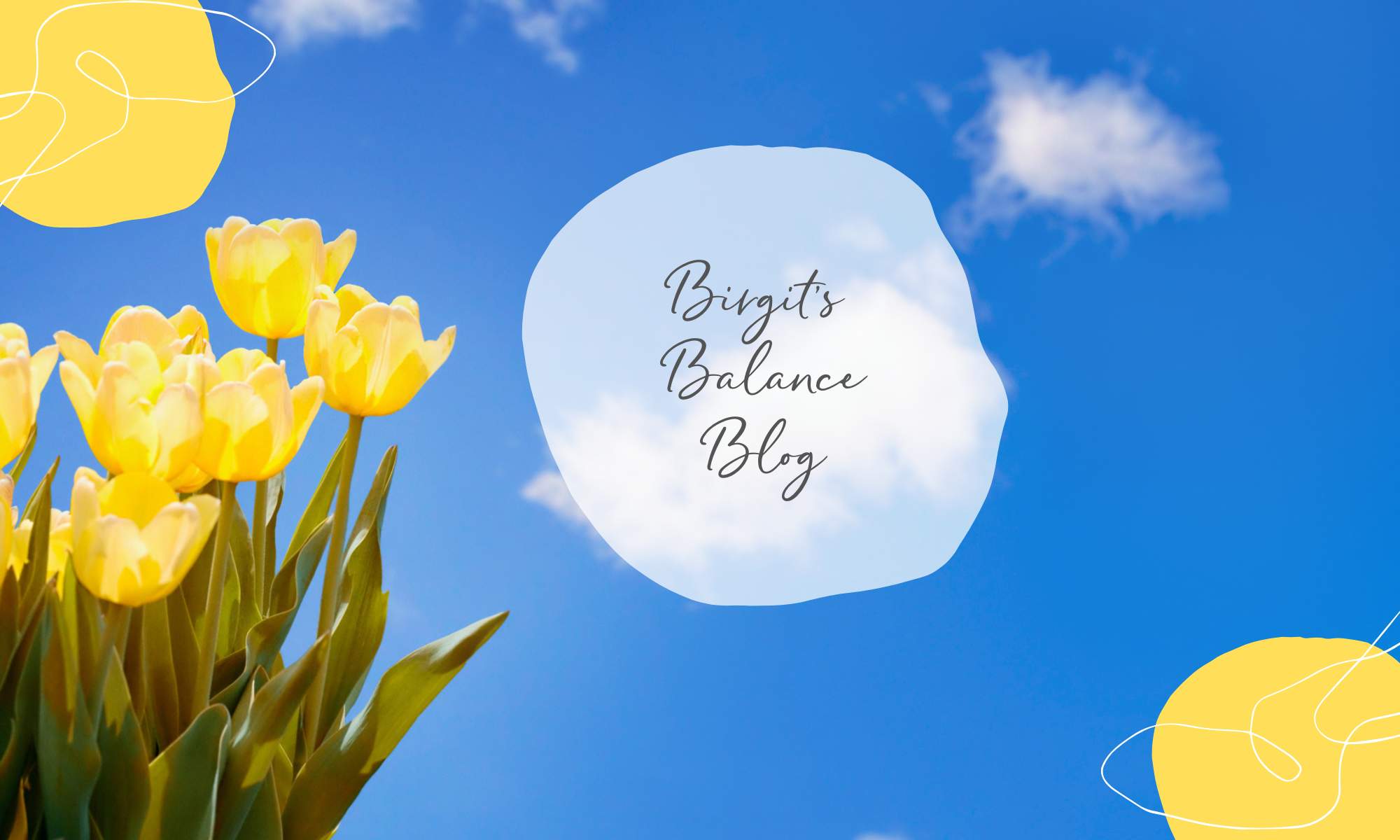
Fulfilling relationships are one of the cornerstones of our well-being and resilience. So the question is how to create and nurture those fulfilling relationships. Most people will probably answer that it is important to be there for the other person in difficult situations. As the saying goes:
A sorrow shared is a sorrow halved.
But likewise they say:
Joy doubles when shared.
And in fact, studies have shown that it is just as important for a fulfilling, trusting and stable relationship to be there for the other person when they are well – as it is to support them in difficult situations.
How do you react when someone shares joyful news with you? Do you enable your counterpart’s joy to double?
Research by Dr. Shelly Gable* looks at how couples react when one parnter shares a positive experience with the other. There are four different types of reactions – though only one of them (#1) has a relationship-strengthening effect. If we react in any of the other three ways, our relationship will suffer – even if we are there for the other person in bad times.
So, let’s imagine your partner comes up to you full of joy and tells you about a positive experience or event and you …
- Active-constructive reaction – the Joy Multiplier: … you give the other person your full attention – emotionally, mentally and physically (leaning toward them, keeping eye contact, no other activities); you mirror the enthusiasm, ask questions to learn more. The more you get involved, the greater the joy of your counterpart – and your own! A feeling of connection emerges.
- Passive-constructive reaction – the Conversation Killer: … You listen to some extent but your attention is actually elsewhere. Your thoughts are wandering and therefore also your body language and emotions are not with your counterpart, you look in the cell phone or continue completing a task you haven been working on until your partner “interrupted” you with the joyful message. Actually you have no head for it now. Maybe you are tired and would prefer to talk about it later. — But later is too late. The joy and the associated “magic moment of sharing joy” has faded. In addition, the joy “disappearing in your reaction like in a wormwhole” has disillusioned your counterpart. To let the joy of your counterpart affect you, even if it does not seem to be the right time for you, can also have benefits for you. After all, you too will feel better afterwards if you let yourself get involved.
- Active-destructive reaction – the Joy Thief: … actually you find that there is not so much reason to the joy. Honestly there are also some aspects to the story of you counterpart which are not so great or at least thorough consideration! So you start to dissect the “joy” – by playing the critics card and listing concerns and downsides – until there is nothing left of the joy. You’re probably just a critical thinker, want to help, save your counterpart from disappointment, or feel “someone has to dare to say it.” There’s nothing wrong with addressing concerns – it’s just that this is the wrong time to do it. At that moment, your response will not only not help, but will massively damage the sense of connection and being understood in this relationship. Looking together with the other person for a moment in the same direction does not mean that you can’t later look at the matter again from a different perspective!
- Passive-destructive reaction – the Conversation Hijacker: As soon as your counterpart makes a speech pause, you steer the conversation on a topic that gives YOU joy at the moment; instead of putting yourself into the light of joy that shines on your counterpart, you put yourself into the limelight. Maybe the positive story of your conversation partner reminded you of your own positive experience, maybe you have some kind of “competition” going on inside – whatever. Don’t steal the focus and joy from your counterpart!
Which type do you tend to be?
Sometimes our reaction also depends on who we are facing.
How could you be a multiplier of joy more often in the future to strengthen your relationships?
A good approach is to become aware of what a mega appreciation it is when people want to share joy and news with us!
For that, you should give yourself away fully for that moment – and be there authentically, focused and interested in the other person and their joy.
Multiply the joy!
Birgit
*Dr. Shelly Gable – Active Contructive Responding (ACR)
